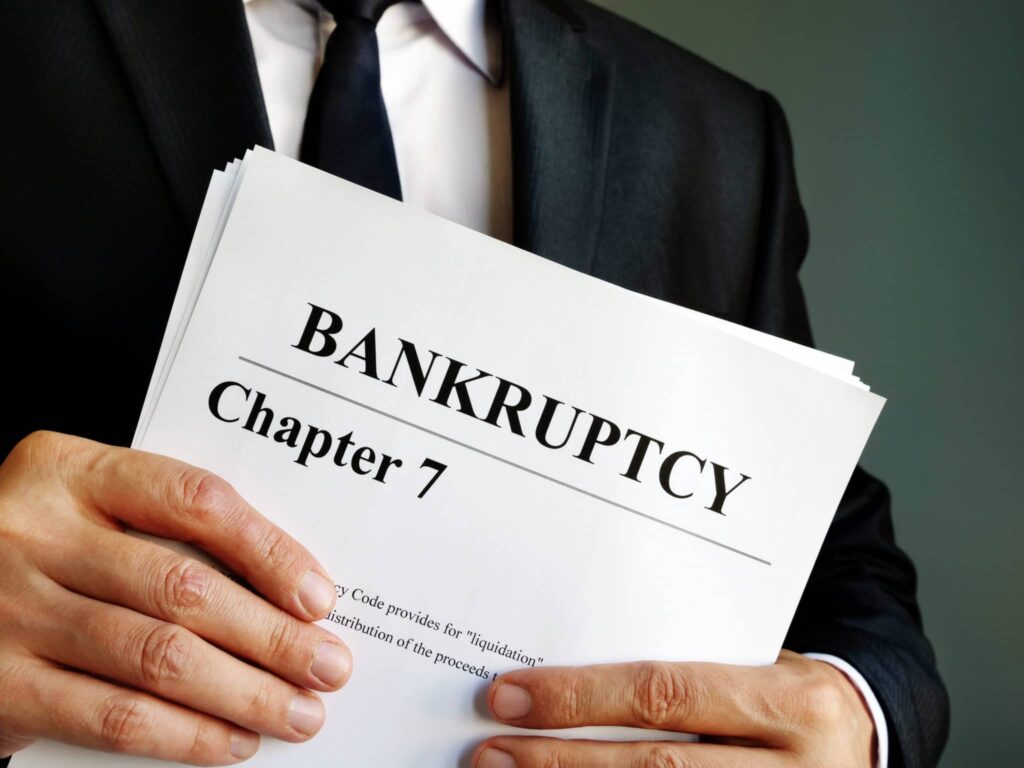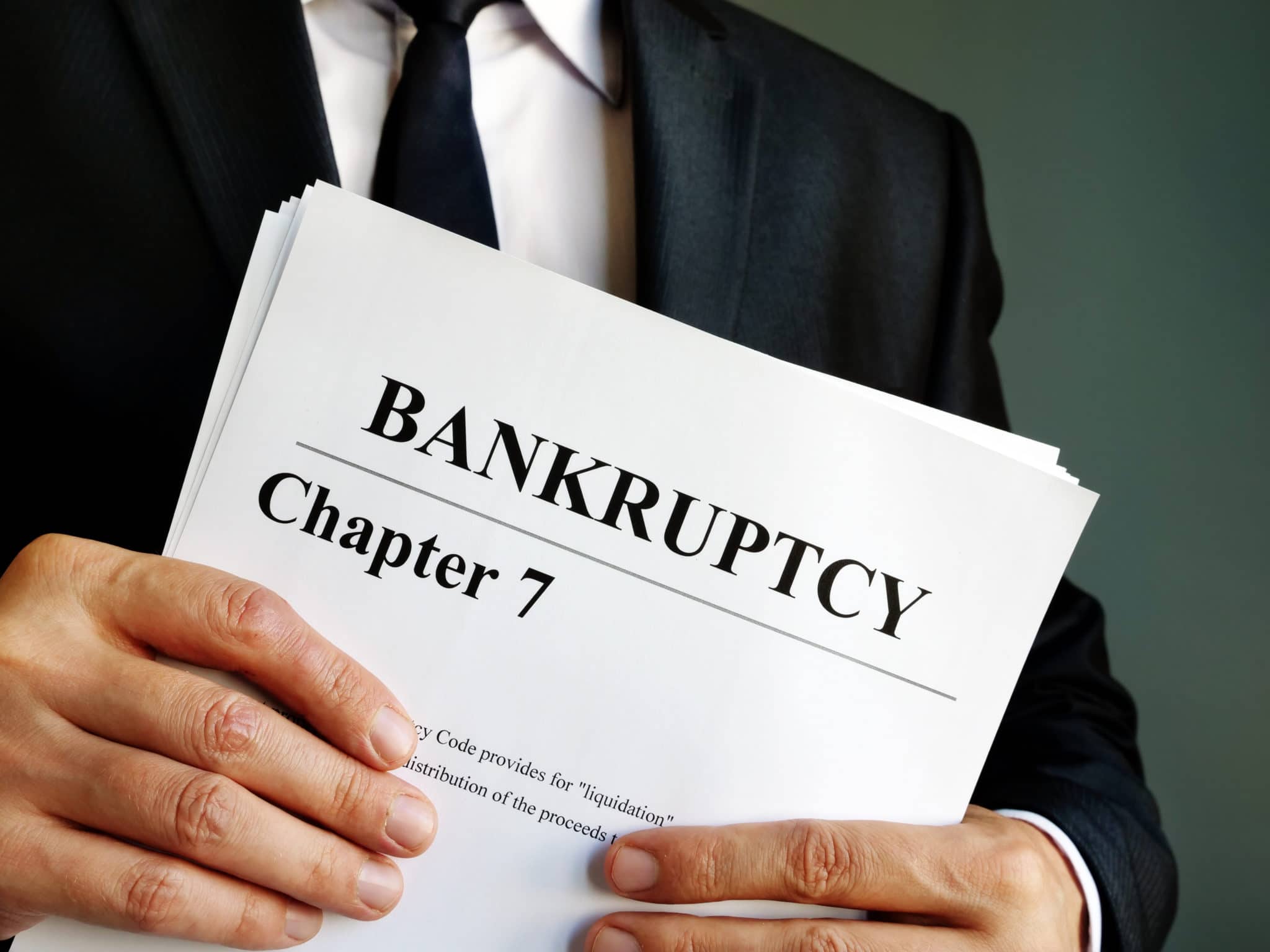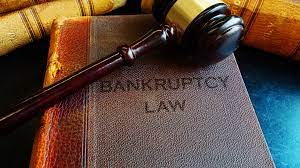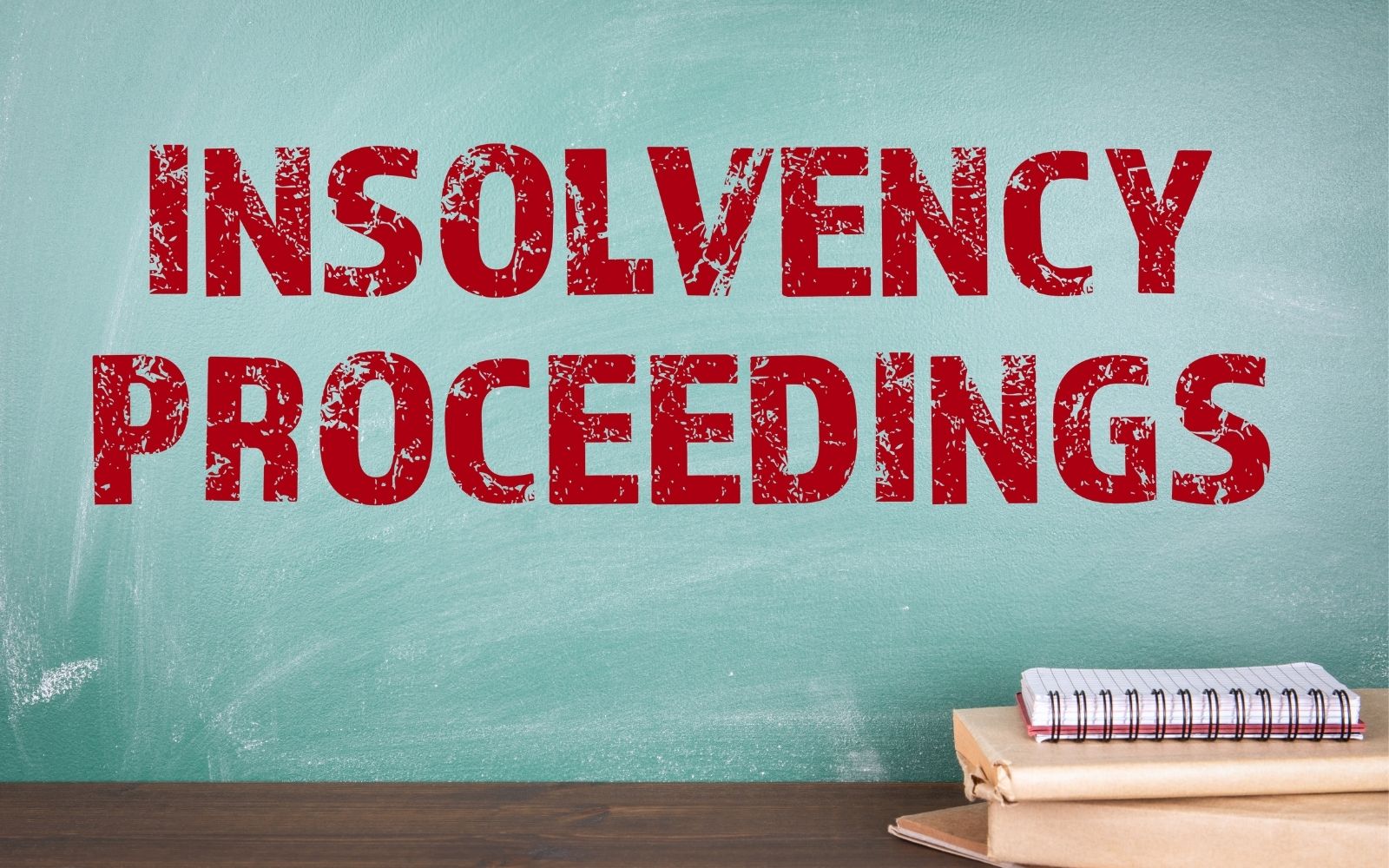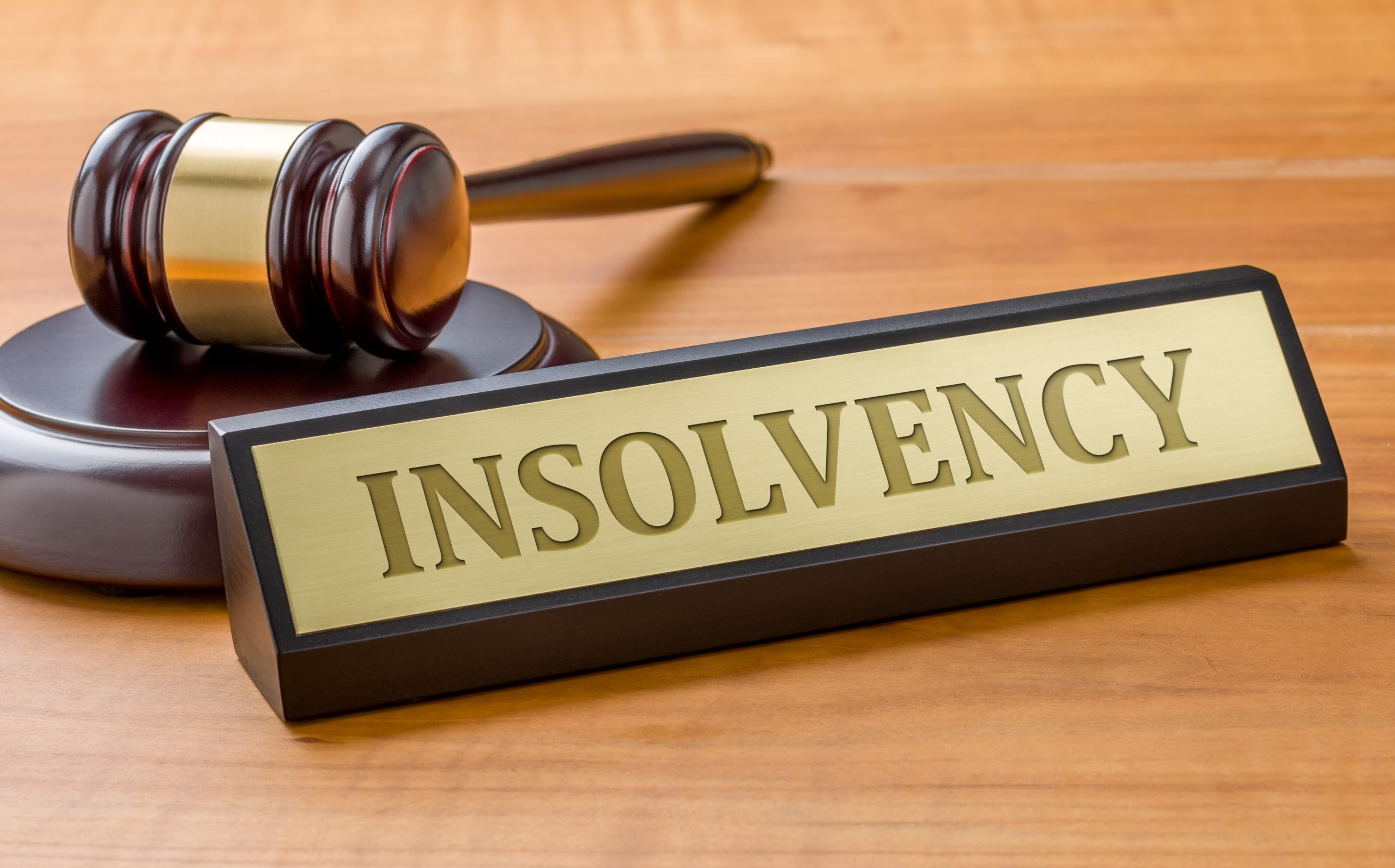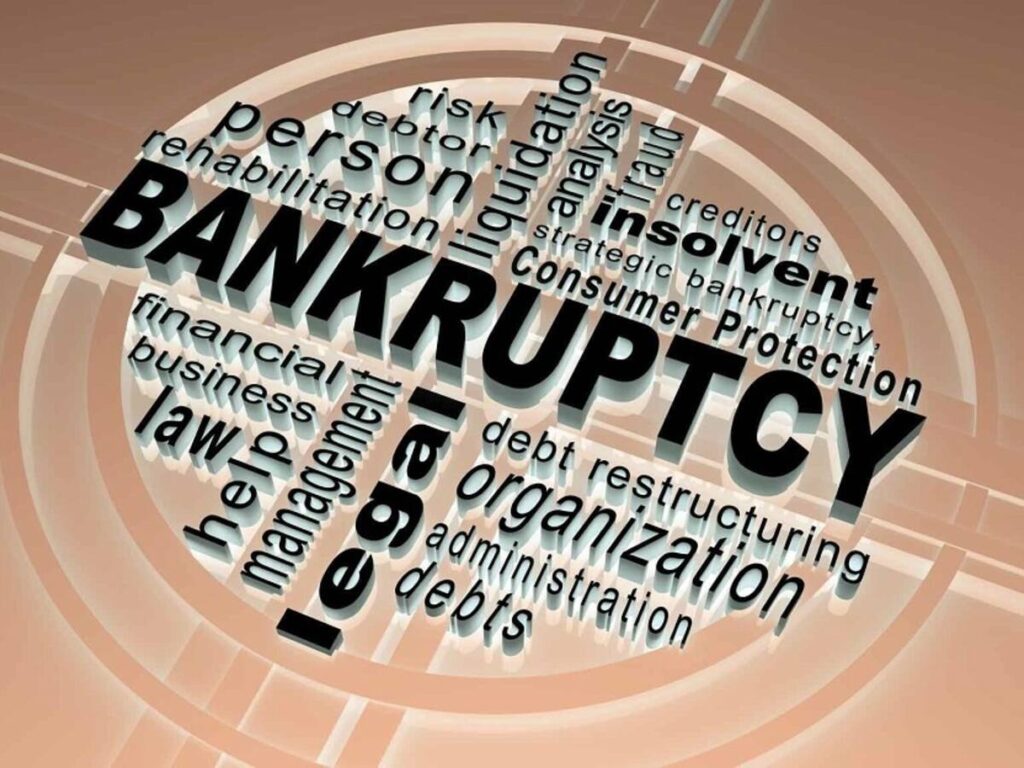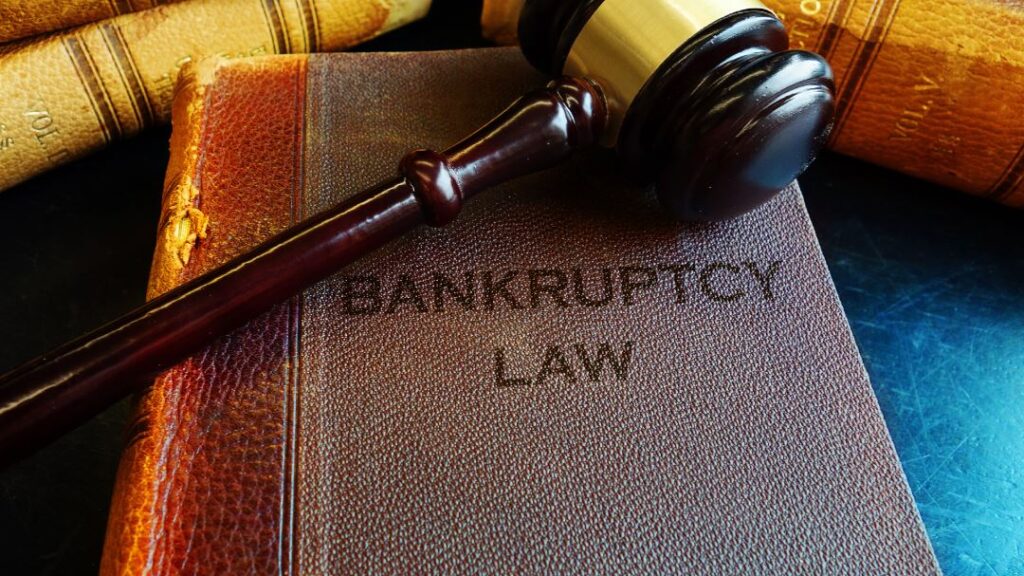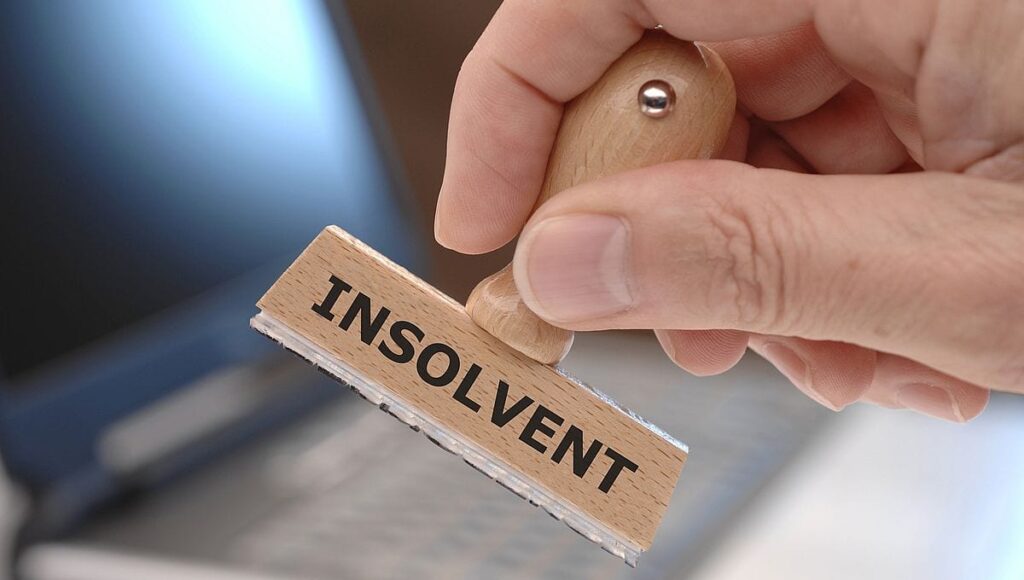Insolvency is a challenging financial situation that many individuals and businesses face. It occurs when an individual or organization is unable to pay off their debts and obligations. Understanding the concept of insolvency is crucial for anyone seeking to protect their assets during such difficult times.
Understanding Insolvency: A Brief Overview
Insolvency, in legal terms, refers to a situation where liabilities exceed assets or when one is unable to meet financial obligations as they fall due. It is important to note that insolvency is not synonymous with bankruptcy. Instead, it is a financial state that may lead to bankruptcy if not appropriately managed.
Insolvency can have significant implications for individuals and businesses alike. When faced with insolvency, it is crucial to understand the underlying causes and take appropriate measures to protect assets and navigate the complex legal landscape.
There are various legal definitions of insolvency, but the general idea centers around the inability to pay debts as they become due. Insolvency can be determined by factors such as cash flow problems, the inability to repay creditors, or the lack of sustainable financial resources.
The Legal Definition of Insolvency
The legal definition of insolvency varies depending on the jurisdiction. For instance, in the United States, the Bankruptcy Code defines insolvency as a financial state where a person’s liabilities exceed their assets, with no reasonable prospect of being able to settle debts as they become due.
Understanding the specific legal definition in your jurisdiction is essential as it determines the steps and strategies that can be employed to protect your assets during insolvency. Different jurisdictions may have varying laws and regulations surrounding insolvency, making it crucial to seek professional advice tailored to your specific circumstances.
Common Causes of Insolvency
Insolvency can arise from various factors, both internal and external. Common causes of insolvency include poor financial management, excessive debt, economic downturns, unexpected legal liabilities, or a sudden loss of a key client or customer.
Poor financial management can lead to a lack of proper budgeting, inadequate cash flow management, or failure to anticipate future financial challenges. Excessive debt, whether due to overborrowing or high-interest rates, can quickly tip the scales towards insolvency. Economic downturns, such as recessions or market fluctuations, can also contribute to financial instability and insolvency.
Furthermore, unexpected legal liabilities can arise from lawsuits, fines, or penalties that were unforeseen or underestimated. These legal obligations can place a significant burden on individuals or businesses, potentially pushing them into insolvency. Additionally, the sudden loss of a key client or customer, especially if they constitute a significant portion of revenue, can have a detrimental impact on financial stability.
It is important to identify the underlying causes of insolvency to develop effective asset protection strategies. By addressing these causes head-on, individuals and businesses can take proactive steps to mitigate the risk of insolvency and safeguard their financial well-being.
Now that we have a basic understanding of insolvency, let us explore the importance of asset protection in such situations.
The Importance of Asset Protection in Insolvency
Asset protection is a critical component of insolvency strategies. When facing insolvency, protecting your assets becomes paramount to ensure your financial stability and future well-being. Assets can include properties, investments, bank accounts, vehicles, and other valuable possessions.
Insolvency is a challenging situation that can have far-reaching consequences. It occurs when an individual or business is unable to meet their financial obligations and repay their debts. In such circumstances, assets play a significant role in insolvency proceedings. They can be used to pay off debts, negotiate with creditors, or even determine the viability of various legal strategies.
The Role of Assets in Insolvency
Understanding which assets are protected and those that may be at risk during insolvency is key to safeguarding your financial future. Assets that may be at risk during insolvency include non-exempt properties, accounts receivable, non-essential vehicles, and other unencumbered valuables. It is crucial to consult with a legal professional to assess the potential risks to your assets and develop appropriate protection strategies.
Non-exempt properties, such as second homes or investment properties, are particularly vulnerable during insolvency. Creditors may seek to liquidate these assets to recover their debts. Similarly, accounts receivable, which represent money owed to your business, can be targeted by creditors to satisfy outstanding obligations.
In addition, non-essential vehicles, such as luxury cars or recreational vehicles, may also be at risk. While these assets may hold sentimental value or provide personal enjoyment, they are not essential for your financial recovery. As a result, creditors may view them as potential sources of repayment.
Other unencumbered valuables, such as jewelry, artwork, or collectibles, can also be subject to seizure during insolvency. These items may hold significant personal or emotional value, but they can also be seen as potential sources of funds to satisfy outstanding debts.
Potential Risks to Assets During Insolvency
During insolvency, certain risks can arise that may jeopardize your assets. It is essential to be aware of these risks to take proactive steps to safeguard your assets through legal strategies such as asset protection trusts or reorganization plans.
One potential risk is aggressive creditor action. Creditors may employ various tactics to recover their debts, including legal proceedings, wage garnishments, or property liens. These actions can put your assets at risk and potentially hinder your ability to regain financial stability.
Another risk is the seizure of assets. If you are unable to meet your financial obligations, creditors may seek court orders to seize and liquidate your assets to satisfy outstanding debts. This can have significant implications for your financial future and overall well-being.
Fraudulent conveyance claims are yet another risk to consider. These claims arise when a debtor transfers assets to another party with the intent to defraud creditors. If a court determines that a fraudulent conveyance has occurred, the transferred assets may be subject to recovery by creditors.
Now that we understand the role of assets in insolvency and the potential risks they may face, let us explore the legal strategies that can help protect your assets during such challenging times.
Legal Strategies for Asset Protection
When facing insolvency, it is crucial to take legal steps to protect your assets and navigate the complex financial landscape effectively. Here are some legal strategies that can assist in asset protection:
Pre-Insolvency Planning
Engaging in pre-insolvency planning is an effective way to protect your assets and preserve your financial future. This strategy involves organizing your assets and financial affairs in a way that maximizes legal protections and minimizes the impact of insolvency.
Pre-insolvency planning often includes reviewing and restructuring financial obligations, identifying exempt assets, and developing contingency plans to mitigate potential risks. Consulting with a knowledgeable insolvency lawyer is crucial during this stage to ensure compliance with legal requirements and achieve optimal asset protection.
During the pre-insolvency planning process, it is important to consider various factors such as the nature of your assets, the potential risks associated with insolvency, and the applicable laws in your jurisdiction. By carefully analyzing these elements, you can develop a comprehensive strategy that safeguards your assets and minimizes potential losses.
Debt Restructuring and Negotiation
Debt restructuring and negotiation are often viable options for individuals and businesses facing insolvency. These strategies involve renegotiating payment terms and amounts with creditors to reach a mutually beneficial agreement.
By engaging in debt restructuring and negotiation, you may be able to reduce the overall debt burden, extend payment terms, or even secure a debt settlement. These actions can provide the financial relief needed to protect your assets and move towards long-term stability.
When considering debt restructuring and negotiation, it is important to approach creditors with a well-prepared proposal that outlines your financial situation, your proposed repayment plan, and the benefits that both parties can gain from the agreement. This demonstrates your commitment to resolving the debt issue and increases the likelihood of reaching a favorable outcome.
Bankruptcy Options and Considerations
In cases where insolvency cannot be resolved through negotiation or restructuring, exploring bankruptcy options becomes necessary. Bankruptcy offers legal protection and can provide a fresh start towards financial stability.
Understanding the different types of bankruptcy options available, such as Chapter 7 or Chapter 13 bankruptcy, is crucial in making informed decisions about the protection of your assets. Seeking legal counsel during this process is highly recommended to ensure compliance with bankruptcy laws and maximize asset protection opportunities.
When considering bankruptcy as an option, it is important to assess the potential impact on your assets and long-term financial goals. Bankruptcy can have different implications depending on the type of bankruptcy filed and the specific circumstances of your case. Consulting with a knowledgeable bankruptcy attorney can help you navigate the complexities of the bankruptcy process and make informed decisions that protect your assets to the fullest extent possible.
It is worth noting that asset protection strategies should be implemented well in advance of any financial distress. Waiting until insolvency is imminent may limit your options and reduce the effectiveness of asset protection measures. Therefore, it is advisable to seek professional advice and take proactive steps to protect your assets before any financial difficulties arise.
The Role of Legal Professionals in Insolvency
The complexities of insolvency require the expertise of legal professionals specializing in this field. Seeking the guidance of an insolvency lawyer can provide invaluable support in protecting your assets and navigating the legal intricacies.
Choosing the Right Insolvency Lawyer
When selecting an insolvency lawyer, it is important to consider their experience, expertise, and track record in handling similar cases. Look for a lawyer who understands your unique financial situation and can provide personalized advice and guidance tailored to your needs.
Working with a reputable insolvency lawyer ensures that you have a knowledgeable advocate on your side who can protect your legal rights and devise effective asset protection strategies.
How Legal Counsel Can Protect Your Assets
Legal counsel plays a crucial role in insolvency proceedings by guiding you through legal requirements, negotiating with creditors, and safeguarding your assets. They can help you understand the legal implications of insolvency, protect exempt assets, and explore legal alternatives to mitigate financial risks.
By leveraging their expertise, legal professionals can develop comprehensive asset protection plans and advocate for your best interests throughout the insolvency process.
Long-Term Strategies for Financial Stability
While navigating insolvency can be challenging, there are long-term strategies you can employ to regain financial stability and protect your assets effectively.
Building a Solid Financial Foundation
Rebuilding after insolvency begins with building a solid financial foundation. This involves creating a realistic budget, managing expenses, and prioritizing savings. By adopting healthy financial habits and avoiding excessive debt, you can gradually restore your financial well-being and protect your assets from future risks.
Maintaining Financial Health After Insolvency
Maintaining financial health after insolvency requires ongoing vigilance and responsible financial management. It is important to avoid falling back into old habits and stay disciplined in managing your resources.
Regularly reviewing your financial situation, staying informed about changes in laws and regulations, and seeking professional advice when needed are crucial elements in safeguarding your assets and achieving long-term financial stability.
In conclusion, understanding insolvency and adopting effective asset protection strategies are essential steps towards protecting your assets during challenging financial times. By comprehending the legal definition of insolvency, identifying common causes, and implementing legal strategies, you can navigate the complexities of insolvency while safeguarding your financial future.
Remember, consulting with a knowledgeable insolvency lawyer can provide invaluable support and guidance throughout the process. With proper planning and a commitment to financial health, you can overcome insolvency and emerge stronger with your assets protected.
Related: Understanding the Legal Dimensions of Financial Distress
